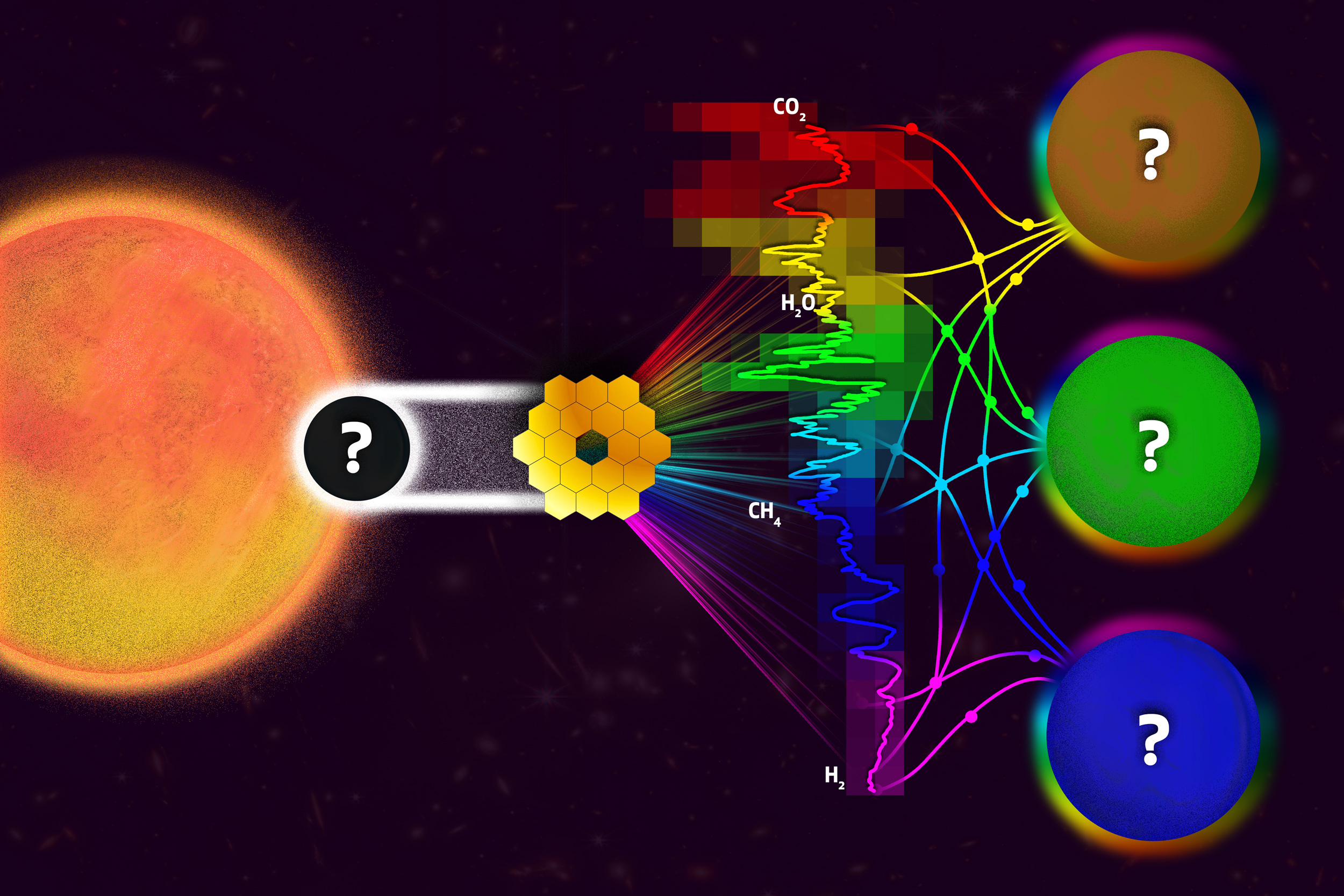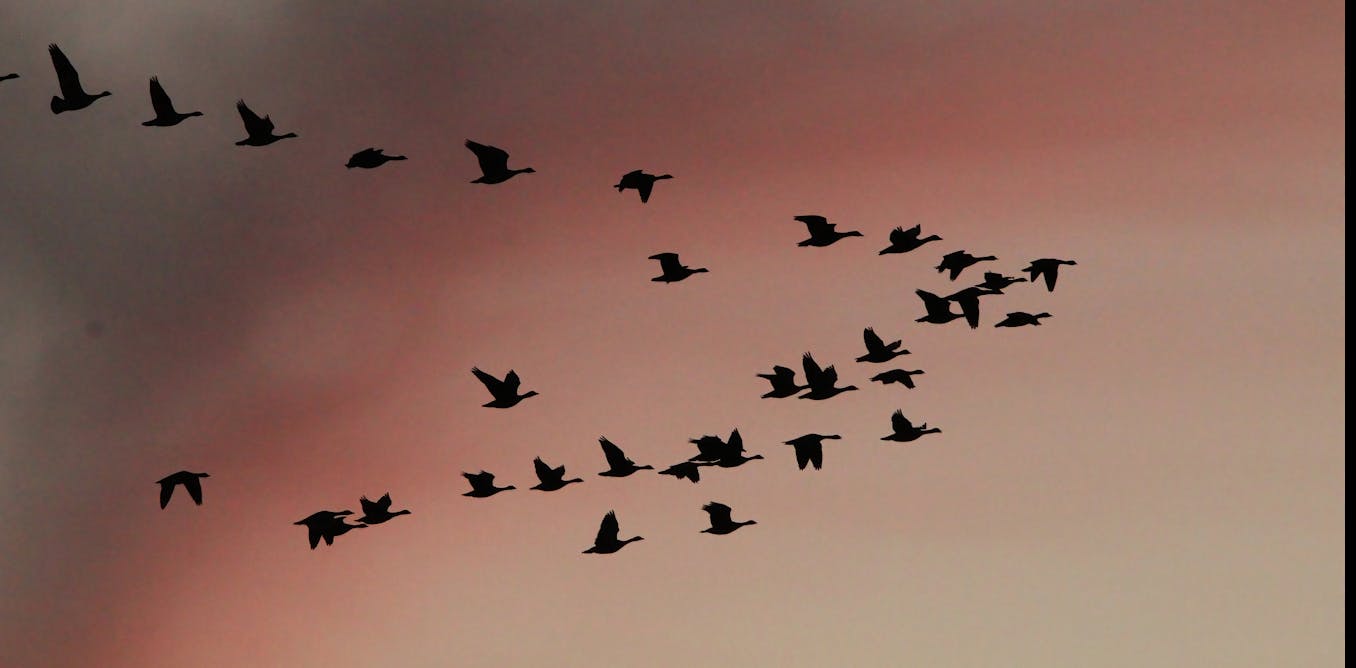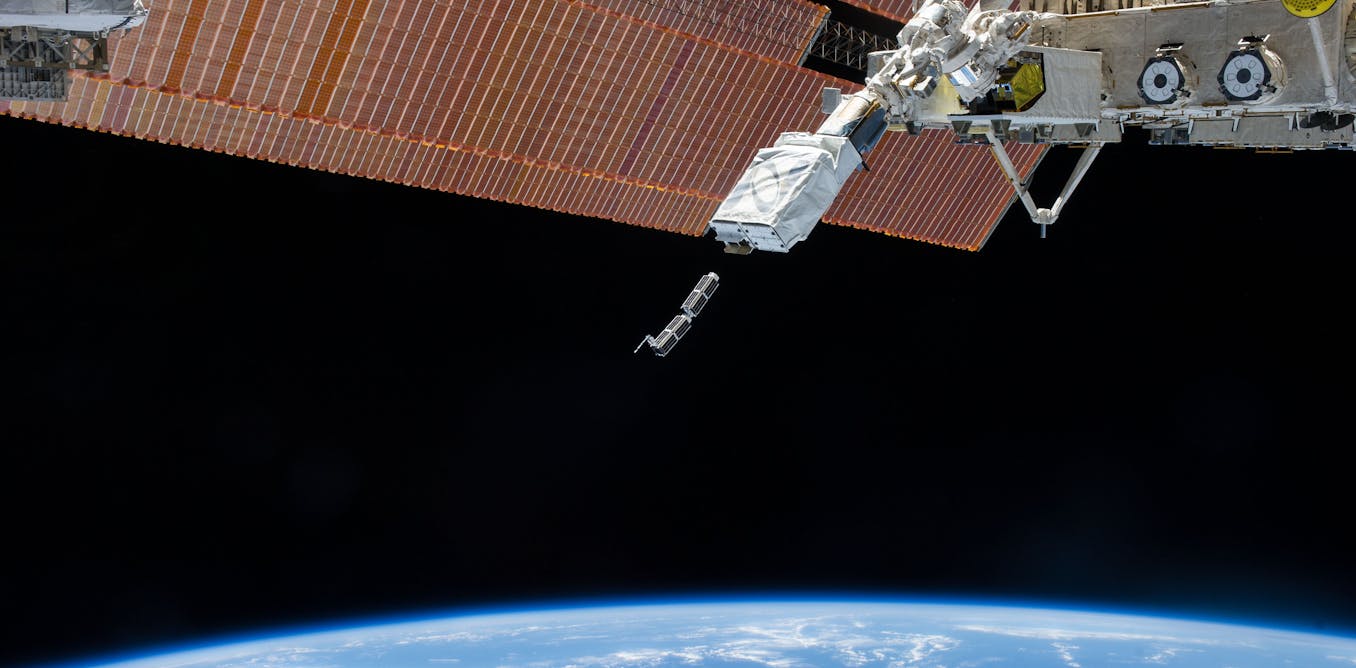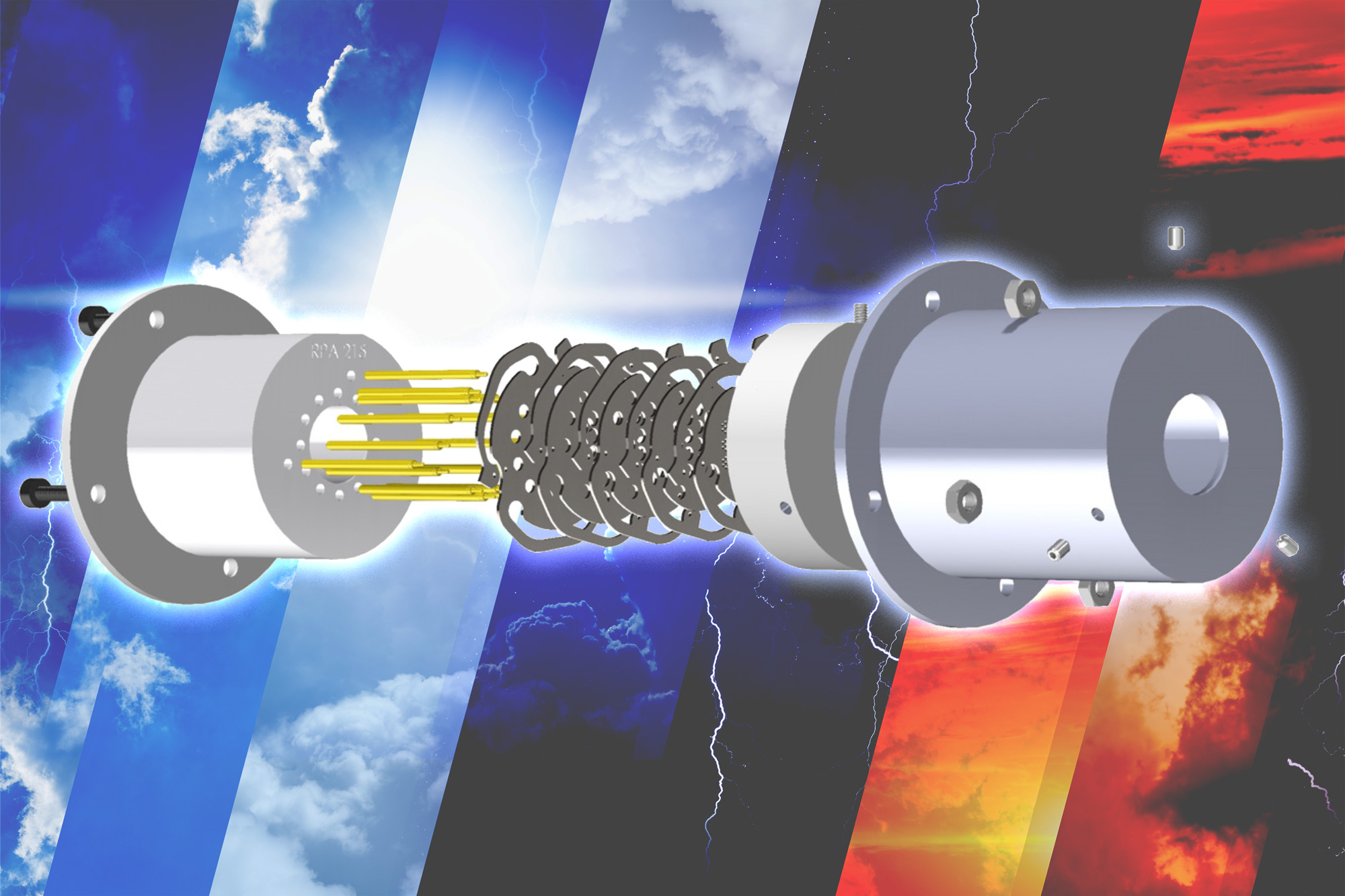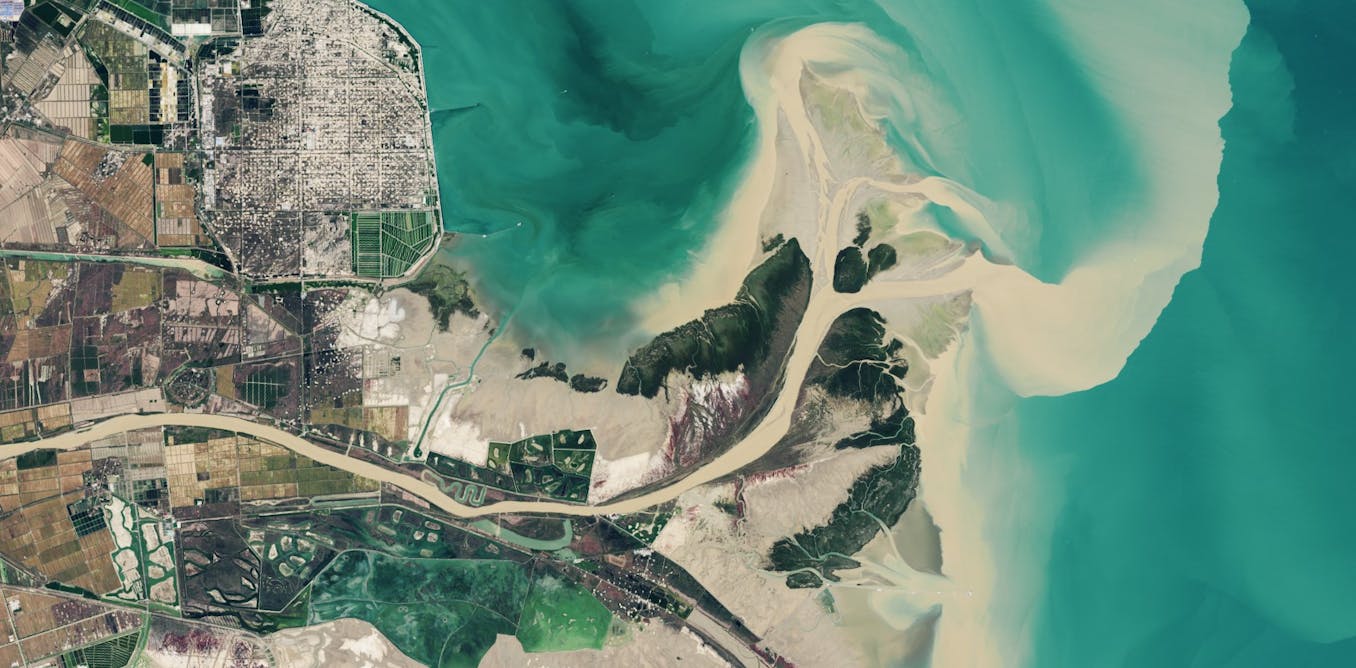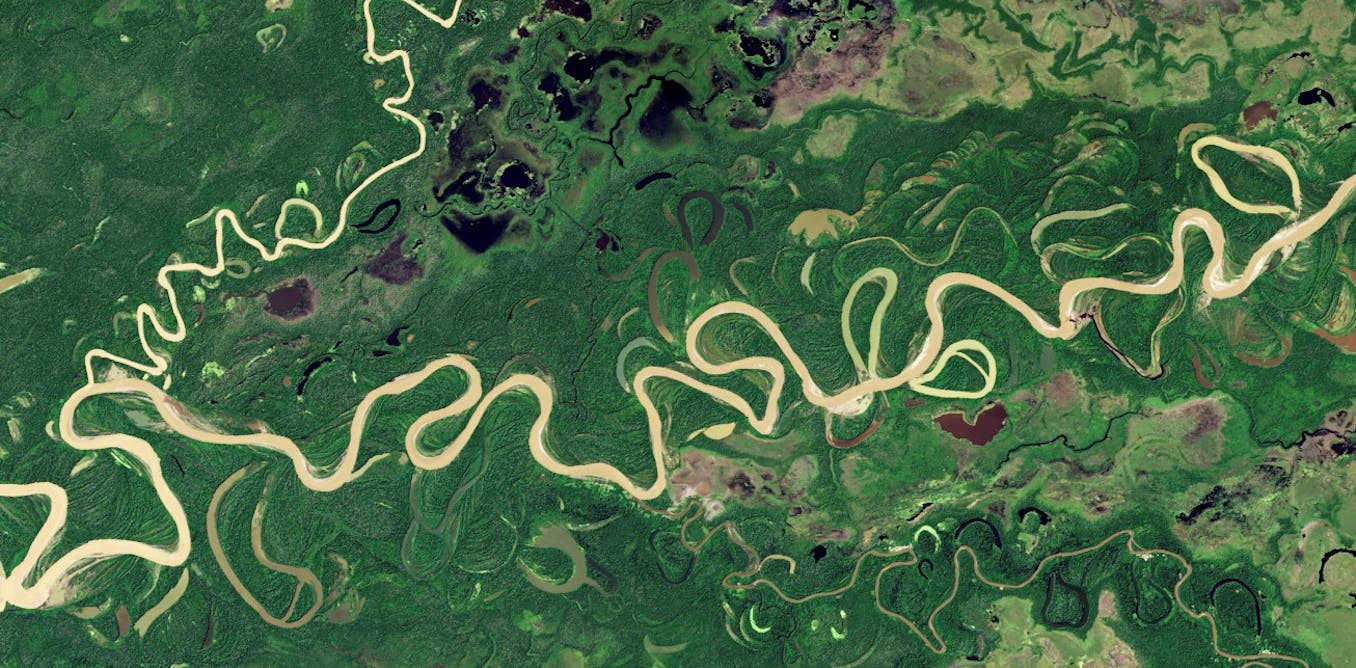NASA crashed a spacecraft into an asteroid – photos show the last moments of the successful DART mission
The Double Asteroid Redirection Test successfully showed that it is possible to crash a spacecraft into a small asteroid. Whether the approach could save Earth from a future threat remains to be seen.
Sept. 27, 2022 • ~6 min


